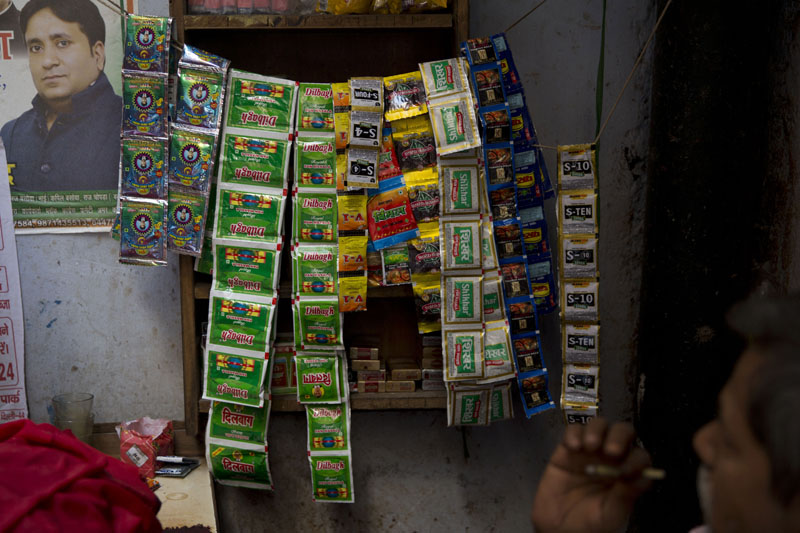Tobacco industry directed to adopt strict warnings
New Delhi, May 4
India’s highest court today ordered cigarette manufacturers to comply with controversial new rules requiring bigger health warnings on packets that sparked weeks-long factory shutdowns.
The tobacco industry has taken the government to court, arguing that the directives — aimed at deterring smokers with graphic images of diseased lungs and mouth tumours — are too harsh.
In force since April 1, the stringent rules mandate an increase in the size of health warnings from the current 20 per cent of the surface of a cigarette packet to up to 85 per cent.
The Supreme Court today transferred all of the petitions, some brought by makers of cheap, hand-rolled cigarettes known as beedis, to a different court in the southern state of Karnataka.
The court said manufacturers have to comply in the meantime with the government’s rules.
“All petitions pending in various high courts stand transferred to the Karnataka High Court,” Justice Pinaki Chandra Ghose said.
“It is expected that all petitioners will comply with the 2014 amendment rule.”
Health activists welcomed the court’s stance as a step towards reducing smoking-related deaths in a country where one in three adults uses some form of tobacco.
“I think it’s a very positive step, definitely the judiciary has taken a very strong stand on public health,” Dr Monika Arora, a director at the Public Health Foundation of India, told AFP.
“Evidence from multiple studies has recommended larger and stronger warnings and as of now it’s the law of the land.”
But India’s tobacco industry says the rules are too difficult to implement and will lead to an increase in the smuggling of illegal cigarettes at the cost of local jobs.
On April 1, the Tobacco Institute of India, an industry body, said its members would be shutting their factories owing to ‘ambiguity’ over the rules, leading to estimated losses of INR 3.5 billion ($53 million) a day. Many have since resumed production.
The tobacco industry complained that the new requirements were unclear after a parliamentary panel earlier this year said the size of warnings should only be increased to 50 per cent.
“We understand consumption of tobacco is harmful but we have to safeguard interests of 50 million poor people associated with tobacco trade,” Dilip Gandhi, chairman of the parliamentary panel, said recently.
“Those who want to smoke will smoke despite the size of the warning.”
Up to 900,000 Indians die every year from causes related to tobacco use, according to government figures, and researchers have warned that figure could reach 1.5 million by the end of the decade without more deterrence.






